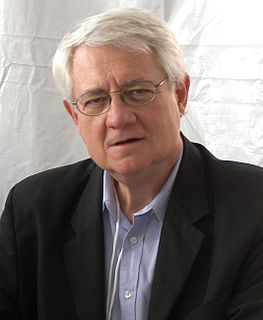A Quote by Jennifer McMahon
My grandmother was a psychiatrist and had shelves full of medical books - I was constantly sneaking looks at some of those. I was fascinated by the descriptions of illnesses and diseases.
Related Quotes
Real bibliophiles do not put their books on shelves for people to look at or handle. They have no desire to show off their darlings, or to amaze people with their possessions. They keep their prized books hidden away in a secret spot to which they resort stealthily, like a Caliph visiting his harem, or a church elder sneaking into a bar. To be a book collector is to combine the worst characteristics of a dope-fiend with those of a miser.
The shelves of many evangelicals are full of books that point out the flaws in evolution, discuss it only as a theory, and almost imply that there's a conspiracy here to avoid the fact that evolution is actually flawed. All of those books, unfortunately, are based upon conclusions that no reasonable biologist would now accept.
The truth is that even big collections of ordinary books distort space, as can readily be proved by anyone who has been around a really old-fashioned secondhand bookshop, one that looks as though they were designed by M. Escher on a bad day and has more stairways than storeys and those rows of shelves which end in little doors that are surely too small for a full-sized human to enter. The relevant equation is: Knowledge = power = energy = matter = mass; a good bookshop is just a genteel Black Hole that knows how to read.





































